reprinted with permission from www.workinprogressinprogress.com

Give us your elevator pitch: what’s your book about in 2-3 sentences?
Lucky Bodies is a collection of essays on motherhood, imagination, and care. The essays range from the personal to the political and include subjects such as Aesop’s Fables, 90s television, mythology, family lore, fairy tales, religion, and Busby Berekly chorus girls. These essays take inventory of what we demand and withhold from mothers. Together, they imagine how we might make and inhabit stories that cultivate an ethic of care.
Which essay did you most enjoy writing? Why? And which essay gave you the most trouble, and why?
“Blueberry Hill” was the first essay I wrote for this book. I was reading Richard McClosky’s Blueberries for Sal with my son — 5 or so at the time — and he asked me why the mother in the book didn’t have a name. We then turned to other storybooks on his shelf and saw that those mothers, too, were nameless. I wrote “Blueberry Hill” as a letter to Sal’s mother. It was the first time I’d written creative nonfiction in years. And I felt a whole world of possibilities open up…how I might explore personal questions through some of the stories that have made me.
I struggled with writing “Relentless Healing.” This essay has been many things, including a deep dive into a 1990’s TV show (Dr. Quinn, Medicine Woman). I struggled with allowing it to be as odd and focused as it is. The essay itself is interested in what is worth remembering / saving / writing about. In one episode I discuss, the town gets ready for its Founder’s Day celebration and prepares a time capsule. There is a debate about what to include. A bottle of whiskey? A newspaper? Hair clippings from the barber shop? The characters argue. Are these things artifacts or symptoms? As I wrote this section, I realized that this is a question that lives in me every time I sit down to write. Why this? Why this? At present, I think what’s important is the attention, and not the object or subject of that attention. Put anything in the time capsule. It will tell the story.
Tell us a bit about the highs and lows of your book’s road to publication.
I pitched this book to a number of agents, some of whom loved it but said they couldn’t sell an essay collection. I submitted to different presses and contests and was a finalist for a number of prizes. Along the way, I published many of the essays individually. Last year, I made peace with the fact that this book might never be published as a book, and I was happy enough that a number of the essays had found a home. Soon after, I learned that I won the Iron Horse Prize!
What’s your favorite piece of writing advice?
At a Tin House Winter Workshop lecture a couple of years ago, Paul Tran said something that I now think of every time I sit down to write: “Write the thing that will set you free and then give it a body.”
My favorite writing advice is “write until something surprises you.” What surprised you in the writing of this book?
I was surprised at how winning the Iron Horse Prize brought me a clearer vision of the book. I knew what I needed to revise (and I revised a lot!) More importantly, I knew when the book was done. I was shocked to find myself at the end of it!
How did you find the title of your book?
The word “luck” shows up more than 25 times in the book. At one point in the essay “Luck Now,” there is a 20-year gap in time between a formative teenage experience and my marriage. I wake up next to my husband “many lucky bodies later.” The bodies here are mostly mine — the versions of me that have had good fortune, or narrow misses, or bad experiences that could have been much worse, and also the things I have worked for and earned but have been dismissed as mere “luck.” The bodies are also the essays themselves. Lucky to be written, published, gathered in a book. (Maybe they don’t feel lucky; I will never know.) For a while, the book was called Lucky Bodies Later but eventually I settled on Lucky Bodies.
Inquiring foodies and hungry book clubs want to know: Any food/s associated with your book? (Any recipes I might share?)
In the essay “Relentless Healing,” we spend some time in a 1996 television commercial for Kellogg’s Rice Krispy Treats. If you were to make them as they appear in the ad, simply use the standard recipe. Once they are cut and cooled, stay in your kitchen reading and eating them alone. Call out to your family, “These things take time!” When you have had your fill, smudge your face with flour. Sprinkle yourself with water from your kids’ fishtank. Make it look like these treats were a lot of work. Carry the plate into the next room, where you family waits, perpetually hungry.

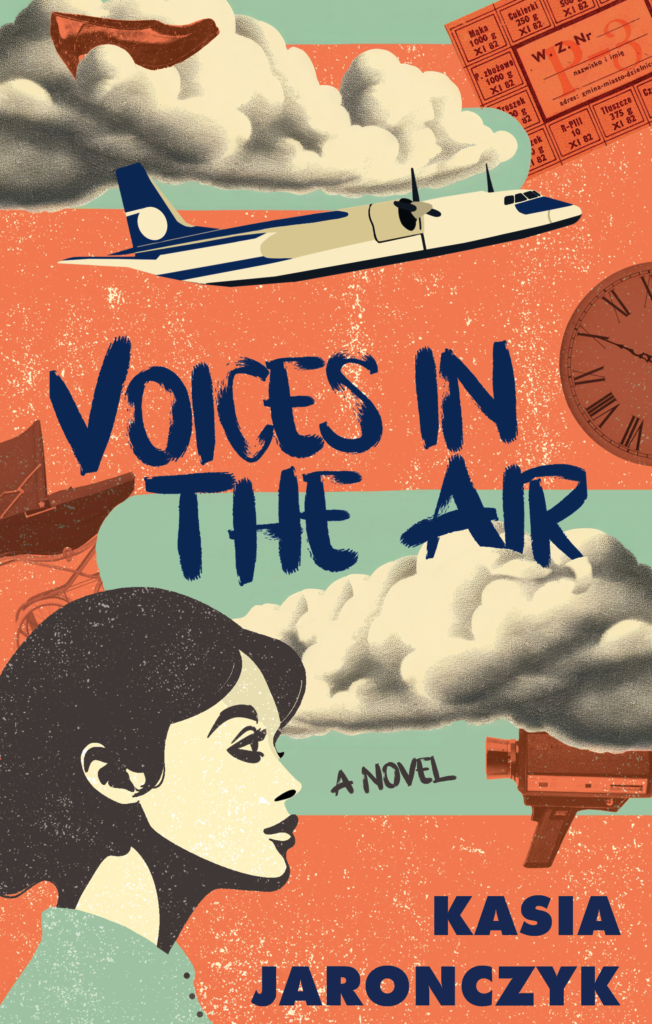
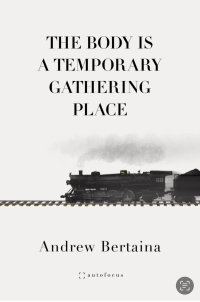
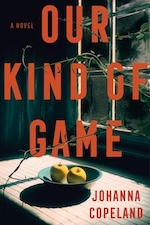
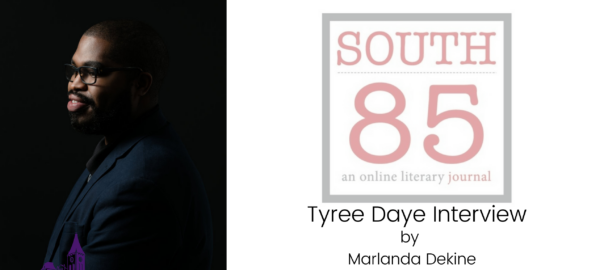


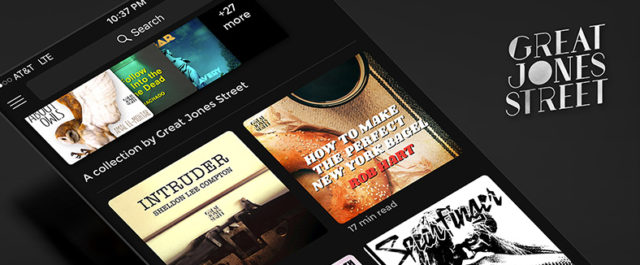
 Kelly Abbott is a veteran entrepreneur in publishing. He lives in San Diego. He is the grandson of the founder of the Roswell UFO Museum.
Kelly Abbott is a veteran entrepreneur in publishing. He lives in San Diego. He is the grandson of the founder of the Roswell UFO Museum. Katie Sherman is a freelance journalist in Charlotte, NC. She is currently pursing an MFA degree at Converse College. She has an affinity for Southern Gothic literature, cider beer, Chicago, and morning snuggles with her girls — Ella and Addie.
Katie Sherman is a freelance journalist in Charlotte, NC. She is currently pursing an MFA degree at Converse College. She has an affinity for Southern Gothic literature, cider beer, Chicago, and morning snuggles with her girls — Ella and Addie.